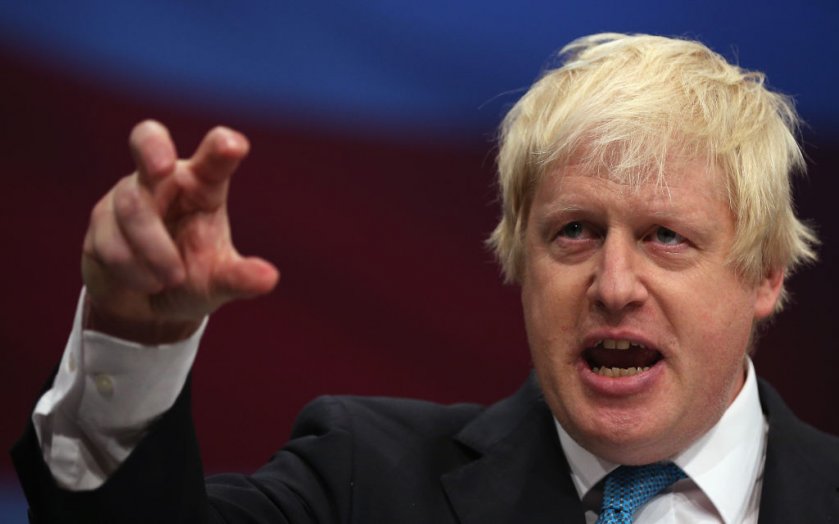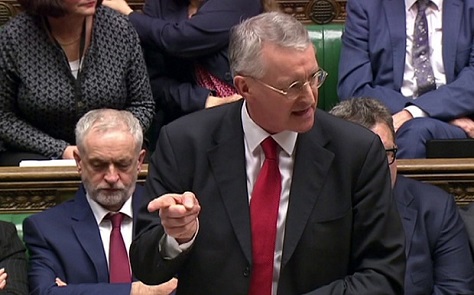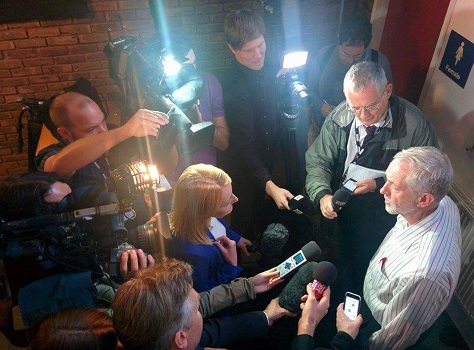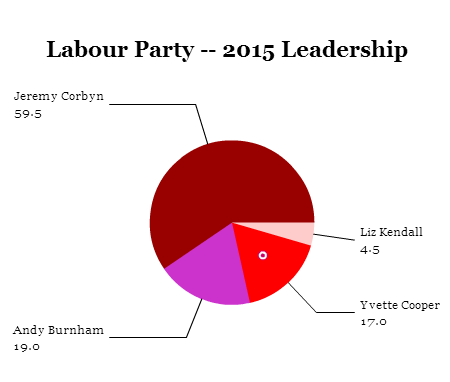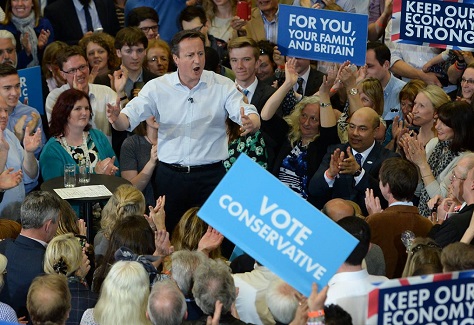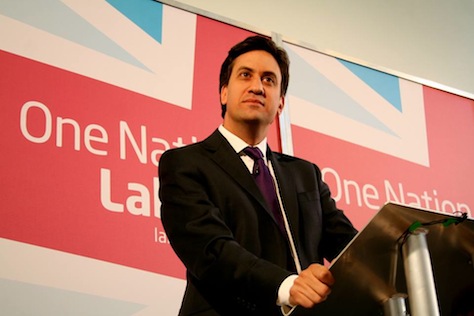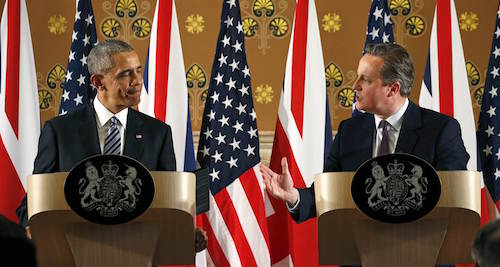
It all seemed so rational, so normal.![]()
![]()
When US president Barack Obama took the stage yesterday in London (and on the pages of The Daily Telegraph) to dismantle, with surgical precision, the arguments against the United Kingdom staying in the European Union, it didn’t feel like a rupture in international politics.
But it was a radical departure from standard operating procedure.
US presidents, to say nothing of lower officials, have never had qualms intervening in the domestic affairs of foreign countries.
Rarely does an American president so do in such a public forum.
Rarer still that an American president would weigh in on a matter that will be determined by a foreign electorate in eight weeks.
* * * * *
RELATED: How Corbyn can use Brexit to
reinvigorate his Labour leadership
* * * * *
Standing beside the British prime minister, Obama was making the case against Brexit better than anyone else on the British political stage, in part because of the sheer scale of power that comes with the American presidency. Special or no, the body language of Obama and his British counterpart David Cameron spoke everything about the unequal bilateral partnership. Amazingly, Obama managed to shrink and upstage Cameron nearly as much as George W. Bush diminished Tony Blair, oft mocked as Bush’s ‘poodle,’ over the Iraq war in 2003. Continue reading Obama’s credibility now on the line with Brexit vote
